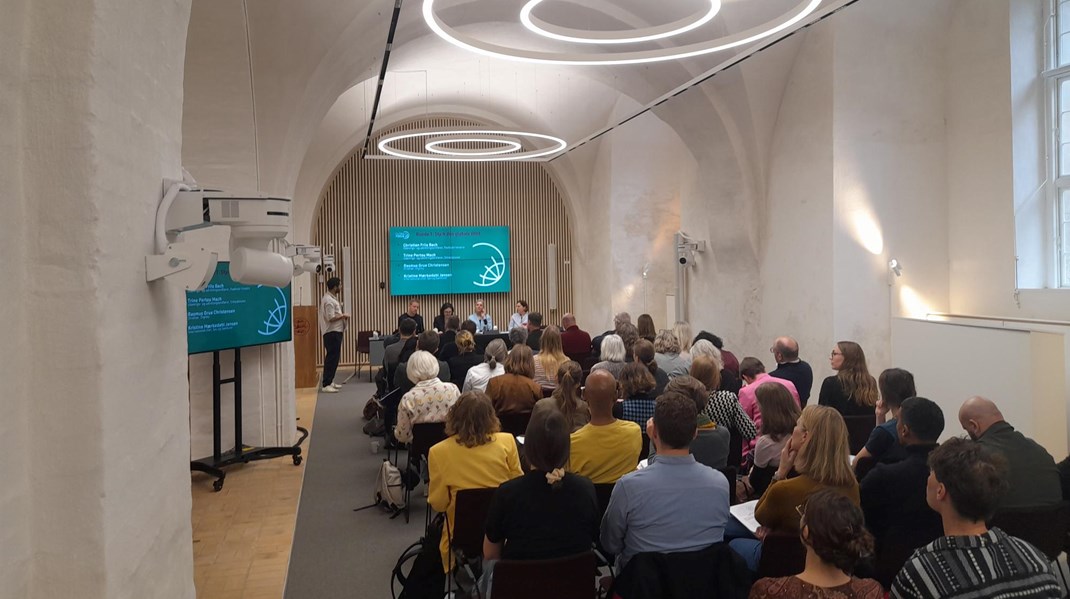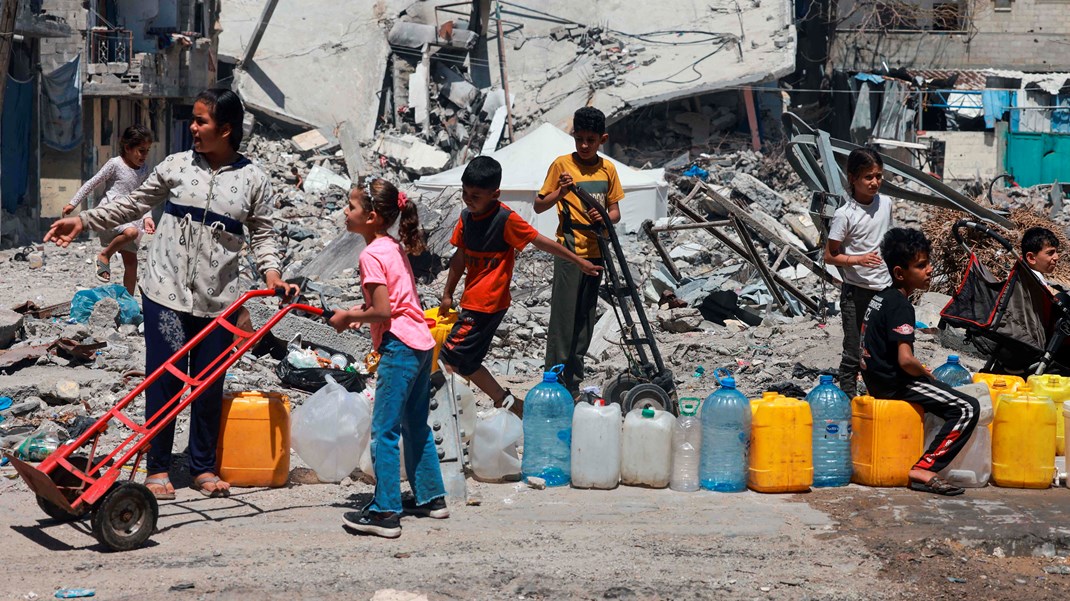UN, government say 150,000 people need immediate help in Djibouti
SITUATION OVERVIEW
Between 21 and 28 November, Djibouti has experienced heavy rains, with a peak on 22 and 23 November, which triggered flash floods countrywide. In some places, the equivalent of 2 years of rainfall occurred in one day. Current forecast indicates the possibility for more rains to occur, something that will further compound the already serious humanitarian situation.
Some 250,000 people have been affected countrywide (26% of the population), and 150,000 (including migrants and refugees) are in need of immediate humanitarian assistance. In Djibouti city alone, 200,000 were affected (21% of the total population) and 120,000 require immediate relief support. Some 10 people (7 children) have reportedly been killed. Floods also caused widespread destruction of infrastructure, homes and livelihoods. The recently constructed dam ‘de l’Amitié’ located in Langobaley over the Ambouli Oued, with a capacity of 14 million cubic meters, has limited the impact of the floods over the capital. Some 10 million cubic meters of water accumulated in the dam, which could have otherwise further aggravated the already serious situation.
The 147,860 caseloads of affected population is expected to include around 14,000 migrants directly affected by the flood in areas such as Arhiba, Quartier 1, 2, and 6. However, further identification and verification assessment is needed to understand in full the extent of the vulnerabilities.
On 22nd, the Ministry of Interior activated its emergency plan (ORSEC) and its coordination committee, the Prime Minister chairs the inter-ministerial committee on risk and disaster management. The Ministry of Interior supported by the Executive Secretariat for Disaster Management (SEGRC) is coordinating the relief efforts at the national level, and the Ministry of Social affairs and Solidarity (MASS) oversees the assistance to the affected populations.


